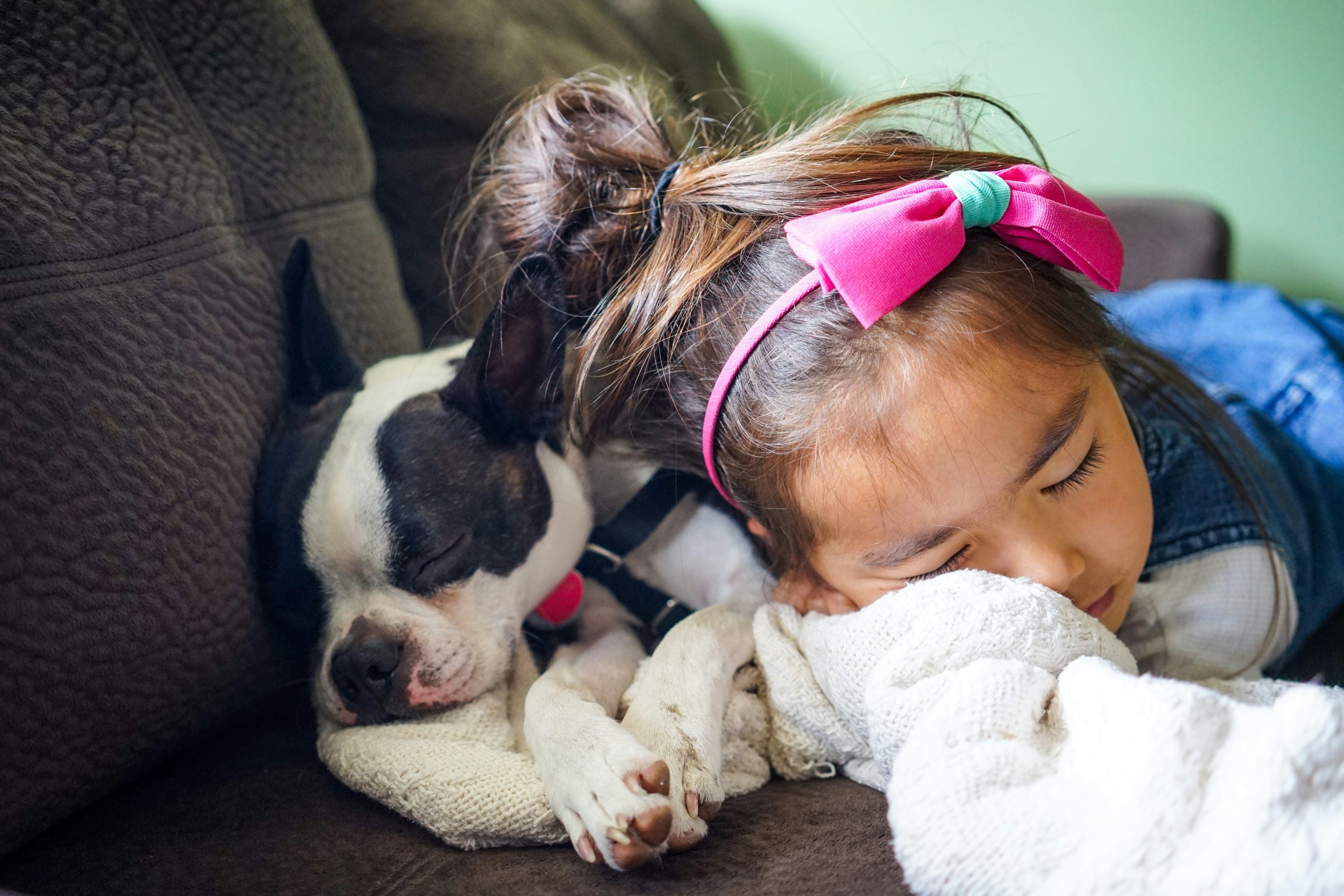
Praise is one of the most familiar parenting tools. We use it to support our children, to make them feel confident, and to encourage new achievements. But modern developmental psychology shows: praise can boost motivation—or quietly undermine it, making children more anxious, perfectionistic, or dependent on approval.
The issue isn’t praise itself.
The issue is what we praise and how we praise it.
Different types of praise trigger different psychological and neurological processes. Some help children grow resilience, curiosity, and intrinsic motivation. Others unintentionally create fear of mistakes, avoidance of challenges, and a fragile sense of self-worth.
Understanding the science behind praise gives parents a powerful tool. When used intentionally, praise can strengthen a child’s inner drive, support healthy emotional development, and help them face challenges with confidence rather than fear.
This essay explores what scientific research reveals about praise, how compliments reshape a child’s motivation, and why “smart praise” matters more than ever in modern parenting.
What Happens in a Child’s Brain When We Praise Them
Praise is not just a pleasant sentence. It is a stimulus that activates the brain’s reward system. Positive feedback triggers dopamine release and reinforces social connection. But the brain responds differently depending on the type of praise a child receives.
Research by Carol Dweck, Edward Deci, Mark Lepper, and other psychologists shows a clear pattern:
Ability-based praise (“You’re so smart”, “You’re gifted”)
-
creates a short-term confidence boost
-
ties self-worth to performance
-
makes mistakes feel dangerous and shameful
-
decreases willingness to attempt difficult tasks
A child praised for being smart starts worrying about staying smart.
Instead of growing braver, they become more cautious. Their motivation becomes fragile and external.
Effort-based praise (“You worked hard”, “I like how you tried different strategies”)
-
separates identity from performance
-
reinforces learning as a process
-
reduces fear of failure
-
increases persistence and readiness to explore
This kind of feedback teaches children that success comes from their actions, not from innate traits. Mistakes become opportunities, not threats.
This approach forms what Dweck calls the growth mindset—a belief that abilities develop through practice. Dozens of studies link this mindset to higher academic performance, emotional resilience, and healthier long-term motivation.
Why “smart praise” changes behavior so deeply
When we praise effort, we reinforce the most important life skill: perseverance.
When we praise talent, we teach that abilities are fixed and fragile.
Praise, then, is not just a supportive gesture. It is one of the key influences shaping:
-
how a child thinks about success
-
how they react to challenges
-
whether they fear mistakes
-
whether motivation grows from within or depends on external approval
Used intentionally, praise can become a foundation for strong, flexible, lifelong motivation.
“Smart” vs. “Unhelpful” Praise: What Studies Show
Psychologists distinguish two core types of praise:
-
Personal praise — focuses on qualities (smart, talented, gifted)
-
Process praise — focuses on effort, strategy, or progress
Below is a clear comparison based on developmental research.
Table: Types of Praise and Their Influence on Motivation
| Type of Praise | Example | Psychological Effect | Long-Term Consequences |
|---|---|---|---|
| Personal praise (“You’re smart”, “You’re the best”) | “You’re so talented, everything comes easy to you” | Builds dependence on approval, increases fear of mistakes, reduces interest in challenging tasks | Fragile self-esteem, perfectionism, avoidance of difficulty, anxiety about being “good enough” |
| Process praise (“You worked hard”, “I like how you figured this out”) | “You put real thought into your plan—great persistence!” | Strengthens internal motivation, reduces fear of failure, increases flexibility | Resilience, curiosity, steady progress, intrinsic motivation |
How to Praise Children in a Way That Builds Motivation
Praise works best when it supports the child’s internal motivation rather than replacing it. Below are research-based guidelines for parents.
Focus on the process, not the person
Children gain confidence when they understand how they achieved something.
Instead of:
“Wow, you’re so smart!”
Try:
“I love how you kept searching for a solution even when it got tricky.”
Avoid praise that traps a child in a label
Labels—even positive ones—create pressure to “stay perfect.”
Instead of “You’re the best in your class,” try:
“You’ve been improving step by step, and that’s what matters.”
Make praise specific
Concrete feedback helps children understand their own strengths.
Instead of:
“Good job.”
Try:
“You checked every detail—that made a big difference.”
Don’t overpraise
Children who receive constant praise can become dependent on approval and less confident making decisions alone.
A helpful approach is to ask:
“What part of this makes you proud?”
This increases self-awareness and internal validation.
Differentiate between support and praise
Sometimes a child needs empathy or guidance—not a compliment.
Instead of:
“It’s fine, you’re still great,”
Try:
“Mistakes happen. Let’s look together at what you can try next.”
Celebrate both effort and progress
Effort matters, but children also need acknowledgment of their achievements—just without overemphasizing perfection.
“You worked really hard—and look how much you learned!”
Balanced praise supports both motivation and emotional well-being.

Praise as Part of a Healthy Parenting System
Praise is most effective when it grows out of a broader supportive environment. Here are key elements that help praise work as intended.
Create a family culture where mistakes are safe
If mistakes are treated like disasters, even the best praise loses its value.
Children need a sense of psychological safety to attempt difficult tasks.
Useful phrases include:
“What did this teach you?”
“What’s something new we could try?”
Set goals together
Collaborative goal-setting builds a sense of ownership.
When children help shape their own goals, praise feels like recognition—not pressure.
Shift the focus from grades to growth
Children who grow up hearing that learning matters more than perfect scores show stronger intrinsic motivation and less anxiety.
Emphasize progress, not comparison
Comparison (“You did better than others”) creates external motivation.
Progress (“You improved compared to yesterday”) builds internal motivation.
Give children choices
Even small choices—choosing materials, timing, or approach—strengthen autonomy, which research shows is essential for intrinsic motivation.
Praise then supports the child’s sense of agency instead of replacing it.
Conclusion: Praise as an Art of Mindful Parenting
Praise is more than encouragement. It is a psychological tool that shapes a child’s motivation, emotional resilience, and self-concept. It can help children embrace challenges—or make them fear failure. It can nurture curiosity—or create pressure to perform.
Smart praise is rooted in respect for the child’s process and in confidence in their ability to grow. It highlights learning, not labels. It teaches that mistakes are part of progress and that success is built through effort, creativity, and perseverance.
When we shift from praising who children are to praising what they do, we help them develop strong, flexible motivation that lasts far beyond childhood.
In this way, the science of praise becomes not just a parenting technique—but a pathway to raising confident, resilient, growth-oriented kids.

